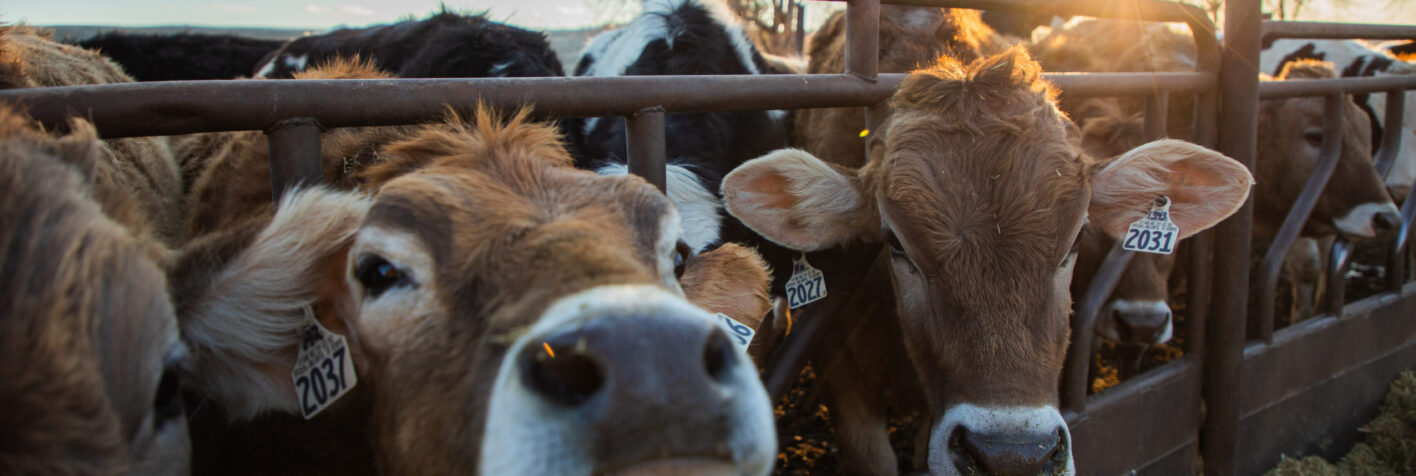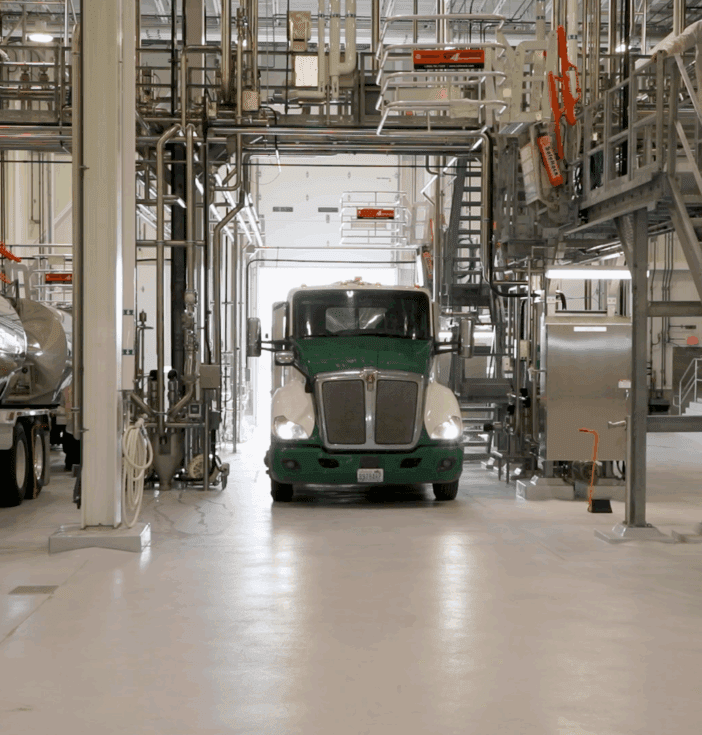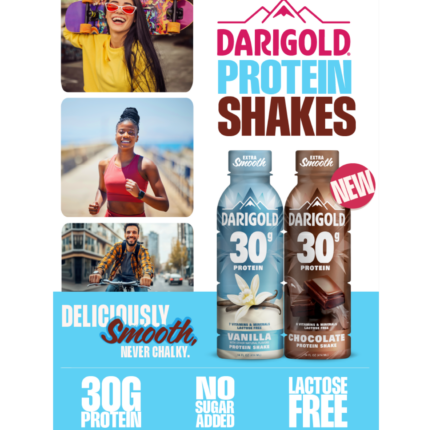
Company News
| 2 min read
Darigold Launches Protein Shakes
April 06, 2025
Read More
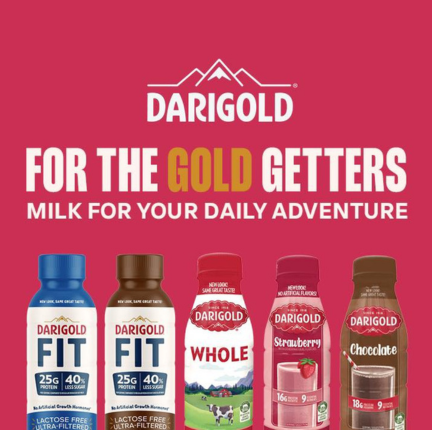
Company News
| 3 min read
New Partnership Has Darigold Exporting Consumer Products to the Philippines After 50-Year-Hiatus
January 29, 2025
Read More
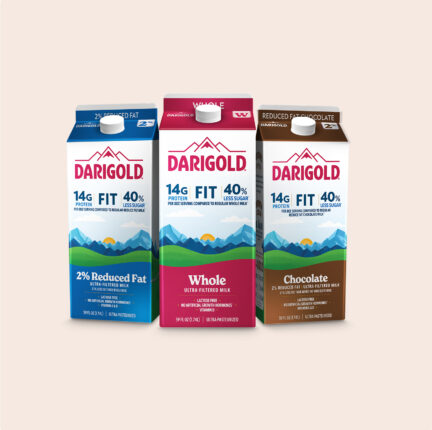
Press Releases
| 2 min read
Available 265+ Stores Throughout the Midwest
October 29, 2024
Read More

Press Releases
| 2 min read
Darigold Board of Directors Names Allan Huttema CEO
April 23, 2024
Read More
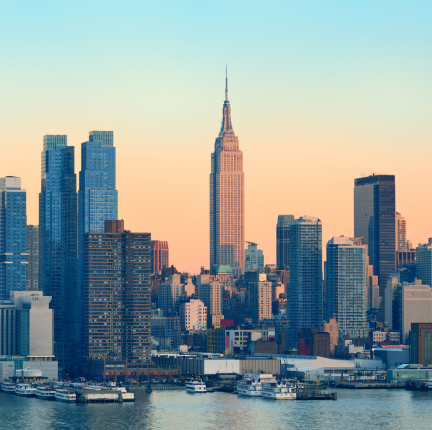
Company News
| 2 min read
Darigold Joins Forces With Big Geyser for Distribution Throughout New York City Area
March 24, 2024
Read More
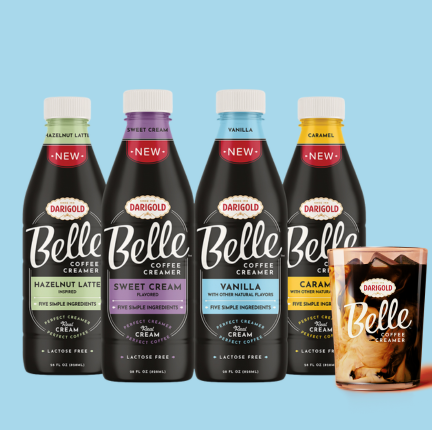
In The Press,
Press Releases,
Company News
| 2 min read
Darigold Launches Belle Coffee Creamer
January 07, 2024
Read More
